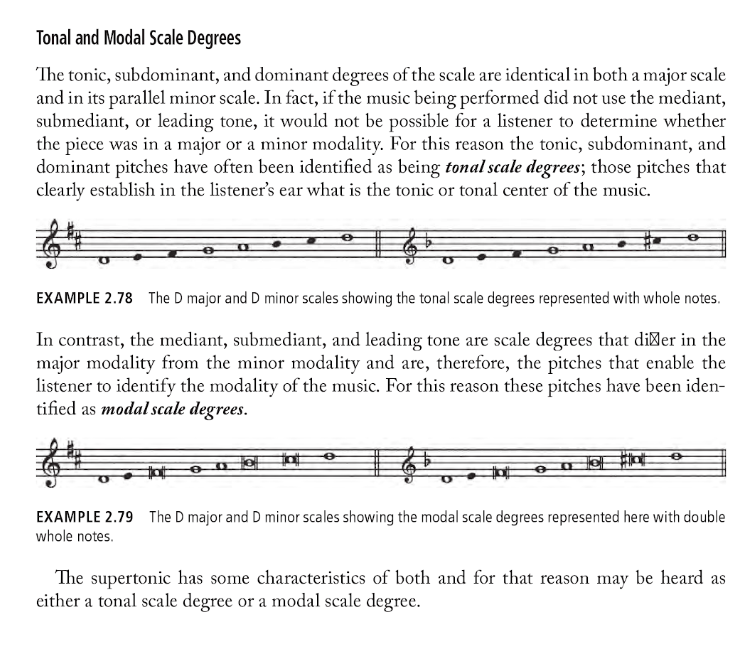There are two types of intervals, distinguished by their possible qualities:
- Unisons, fourths, fifths, and octaves (and their compound variants) may be of perfect or (multiply) diminished/augmented quality
- Seconds, thirds, sixths, and sevenths (and their compound variants) may be of minor, major, or (multiply) diminished/augmented quality
Is there an established term for distinguishing these two categories? Something like "a fifth is a foobarian interval, so its quality cannot be minor".
If there is no established term, what would be a good choice?
Background: I'm writing some music software and this distinction comes up a lot in my code so I'd like to use the appropriate terminology.

